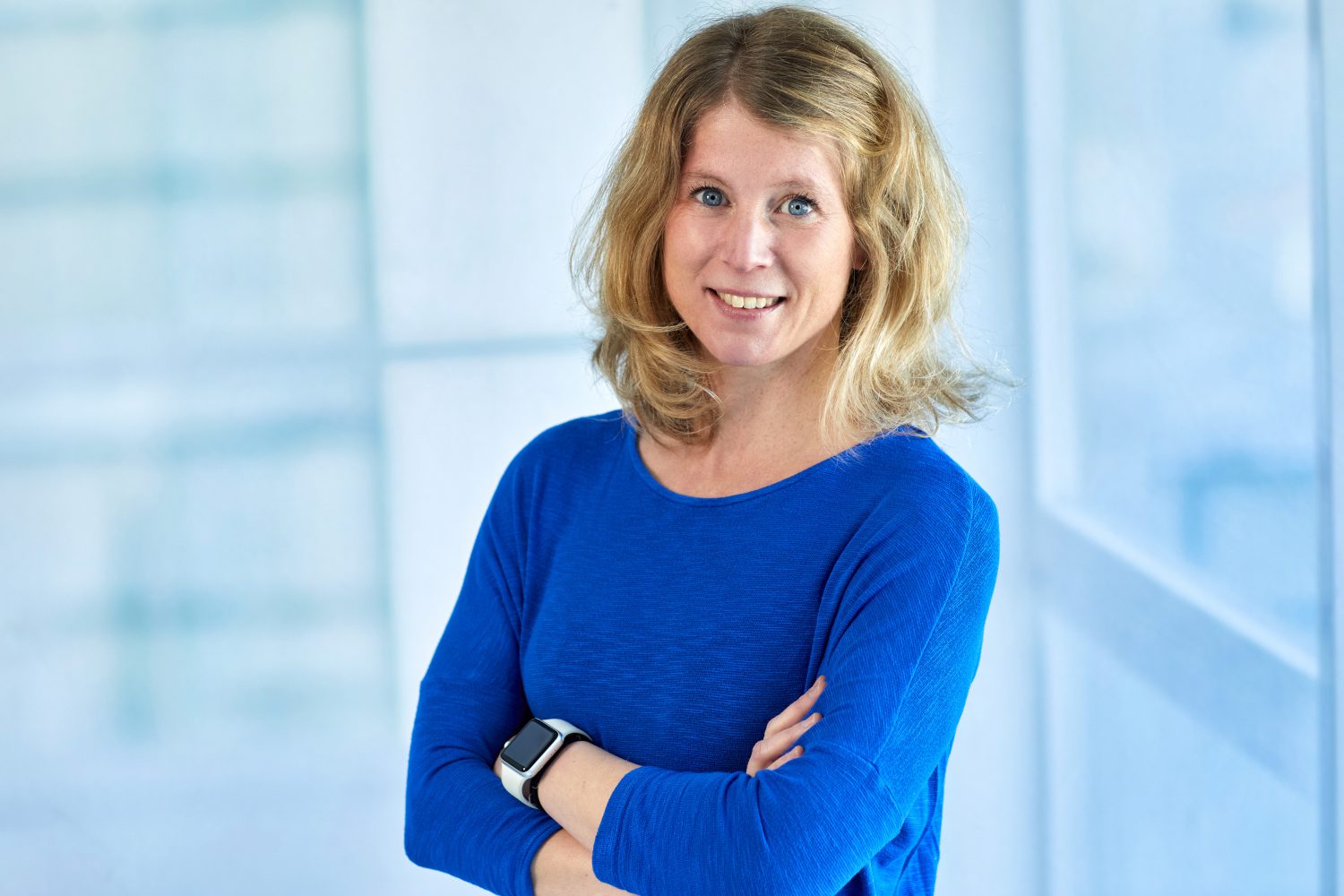Banco Sabadell Foundation recognises the work of researcher Oihane C. Basurko with its Marine Sustainability Award

The Banco Sabadell Foundation has awarded its Marine Sustainability Award, which aims to encourage and recognise the work of Spanish scientists in the field of marine sustainability, the sustainable use of marine resources, and the regeneration of their natural capital to Dr. Oihane C. Basurko. The researcher has been awarded for her outstanding professional career and the great variety of lines of research that she has covered during her work in the field of sustainability and the circular economy.
The panel of judges for the award, chaired by Isabel Cacho, recognised Dr. Basurko’s impressive professional career, which is distinguished by her diverse research ranging from ballast water from ships and marine litter to fishing fleet efficiency. In all of these research lines, Basurko has demonstrated a high degree of leadership and has produced highly relevant work of great scientific value for oceanic conservation. Her work has significant potential in terms of its applicability, impact and innovative value, as well as being noteworthy for its social reach and the breadth of scientific reporting.
“Receiving this award, besides being a great pleasure, signals recognition of the effort put in and of a job well done, a reward for the hours spent away from my children and family so that I could work on something that I believe is very important for them now and for their future” said Basurko. She added “this motivates me to continue working to develop applied solutions for marine sustainability. The mere fact of having an award in this applied field is already a step forward in terms of giving our work more visibility”.
The lines of research undertaken by Dr. Oihane C. Basurko, currently head of research on marine litter at the AZTI technological centre, are based on the development of solutions for the fisheries, aquaculture and shipping sectors, as well as the regional, national and European authorities, to help them to adopt new patterns of behaviour, focused on sustainability and the circular economy, in relation to both marine litter pollution and decarbonisation.
This accolade is part of the ESG action framework, Sabadell Sustainable Commitment, promoted by the Bank, which seeks to contribute to sustainable development and combat climate change. The Bank’s Chairman, Josep Oliu, will deliver the award on 15 November at a ceremony to take place at the Itsasmuseum (Bilbao Maritime Museum), to be attended by Miquel Molins, Chairman of the Banco Sabadell Foundation, and also by institutional representatives and other guests.
More about Dr. Oihane C. Basurko
A graduate in Environmental Sciences and post-graduate in Environmental Technology from the University of Girona, she completed her PhD in the field of the assessment of the sustainability of marine technologies at Newcastle University (United Kingdom). During her time in the UK, she worked on national and international projects related to ballast water management, the analysis of the carbon footprint of shipping operations, and the environmental and social sustainability of the maritime sector. She joined AZTI in 2010 and since then her line of work has focused on the development of solutions for the fisheries, aquaculture and shipping sectors, and for the regional, national and European authorities. Through her research she seeks to help others to adopt new patterns of behaviour, aimed at fostering sustainability and the circular economy, in relation to both marine litter pollution and decarbonisation.
In terms of marine litter pollution, the award winner has coordinated several European projects to assess the concentration and sources of litter and microplastics, and the specific areas where these accumulate, in Spain’s Bay of Biscay. As part of these projects, she worked collaboratively on the development of technological tools to monitor and manage marine and estuary litter, in addition to the development of new designs and circular business models for dealing with discarded fishing gear, and she was involved in implementing initiatives such as “fishing for litter” in the Basque Country, with the aim of educating society on good practice with regard to this global problem.
In relation to the decarbonisation of fishing fleets, her career has focused on researching the fisheries sector in terms of fuel consumption and its carbon footprint. In this respect, she has worked collaboratively on the development of methodologies to conduct energy audits, predict energy consumption and explore new technologies, including the development of two different devices (GESTOIL and SIMUL) designed to monitor and manage fuel consumption.
